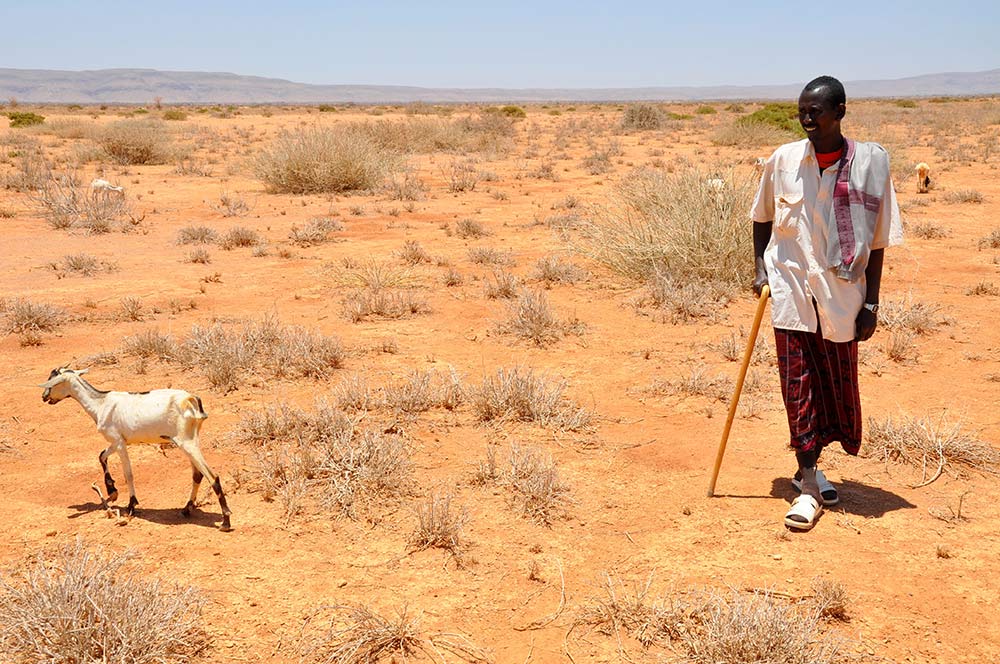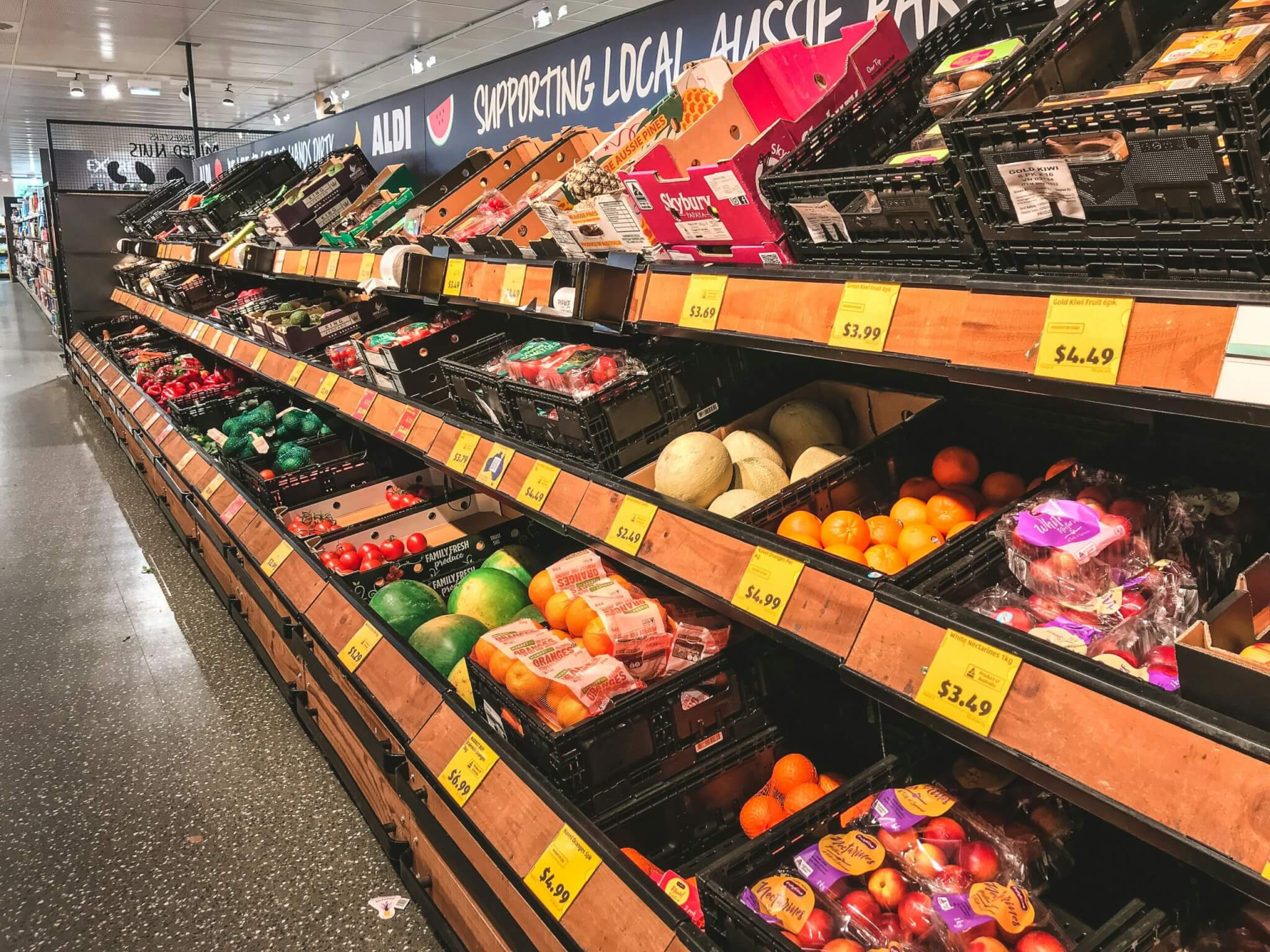Our need for food unites us all, yet 821 million people – more than one in nine of the world’s population – don’t get enough to eat, according to the World Food Programme.
Food security is a matter of global concern, as famine drives war and vice versa: “Without a stable food supply, you’ve got a war on your hands – whether it’s a civil war like in Syria or international war,” states science writer Julian Cribb, author of the new book Food or War, who believes that a sustainable food revolution could radically reduce the threat of wars and refugee crises globally.
Cribb, who suggests that 20 per cent of the world defence budget should be reallocated to ‘peace through food’, writes that: “Of the 200+million people who have perished in wars between nation states since the 1850s, more than half – 105 million – have died of hunger, making food by far the deadliest of all weapons deployed by governments.”

Of the 68.5 million refugees worldwide in 2018, the majority were fleeing hunger, he says. The Syrian civil war, which began in 2011 is a case in point, with widespread drought causing crop failure and the mass migration of farming families to urban centres.
While Yemen, which has a 5,000-year agricultural history, has been ‘bombed into the Stone Age’, and according to Cribb, who cites the World Food Programme in his book, in 2019, 22 million Yemenis are food insecure.
“Farming was a primary target of the Saudi bombing campaign which was supported by countries like America and Britain. They tried to starve the nation into submission. It’s a terrible crime against humanity,” argues Canberra-based Cribb, former science editor for The Australian newspaper and author of ten books including The Coming Famine, Poisoned Planet and Surviving the 21st Century.

“Full supermarket shelves might imply that food supply is endless, but it’s not. Society revolves around the need to protect the resources we have got,” he adds. Meanwhile, climate change acts as a ‘threat multiplier’ as more frequent extreme weather events devastate crops and impact water supplies.
The UN FAO report on the state of food security and nutrition in the world states that the number of conflicts is on the rise – war and climate shocks have “thrust 14 million people in 51 countries into a state of acute hunger and malnutrition,” cites Cribb, who reiterates that these disasters are preventable by making sure everyone has enough to eat. “History shows that when we don’t have enough food, we normally fight over it.”
Cribb argues that we urgently need a step-change to a more resilient food production system:
“The agricultural system is already breaking down through soil loss, water loss, climate change and scarcity of nutrients. It won’t support us in the 21st century when there are 10 billion people living on a hot, resource-stressed planet,” he says, citing innovative solutions such as urban food loops, which could free up space elsewhere for rewilding.

“Urban food farmers will be so important – whether that’s on a small-scale growing your own food on the balcony of a high-rise apartment or hi-tech sky farms producing large volumes of nutritious food using next to no water and land.”
For example, Emirates Airline is building the world’s largest vertical farm in Dubai to produce three tonnes of leafy greens every day for airline meals and if all London’s rooftops were farmed, 730,000 tonnes of fruit and vegetables would supply nearly two-thirds of the city’s needs.
Aquaculture, already the fastest-growing food industry, will also be key. Cribb expects farming of seaweeds, sea cucumbers, shellfish and fish to grow exponentially in deep oceans where ecosystems are insulated against extreme temperature changes.
“If farmers don’t get rewarded for looking after their land, they won’t have the resources to do so. We’re mining the soil – consumers have to realise that they will suffer in the end if that continues,” says Cribb, who predicts we’re on the cusp of significant change: “We’re entering the age of food, it’s going to be a real adventure because any threat is also an opportunity,” he adds.
As a science writer, Cribb says his job is just to present the facts: “Fact number one is that we’re in a lot of trouble. Fact number two is that we have got a lot of good technology that can get us out of trouble – whether that can happen in time I don’t know.”
He believes that small-scale food production will play a key role in a more sustainable and peaceful future. “Whether that takes place on balconies or allotments or sky farms or bioculture plants, urban farming is critical to our ability to restore balance to the earth. Urban farmers can help put an end to the wars devastating Africa and places like that where there just isn’t enough food and people are fighting over it.”
Food or War by Julian Cribb is published by Cambridge University Press and is out now (£9.99).










0 Comments